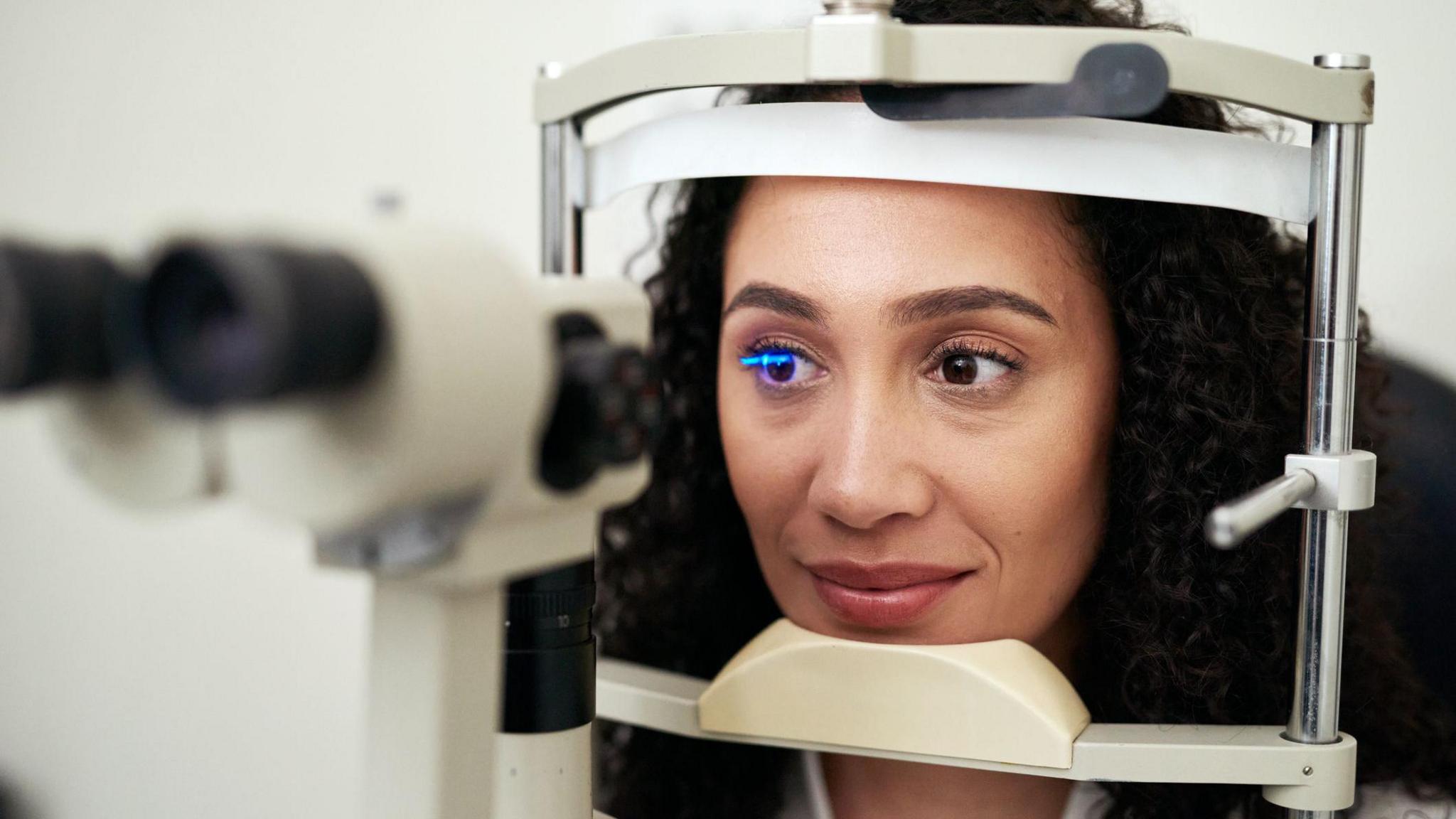New hope for rapid dementia diagnosis
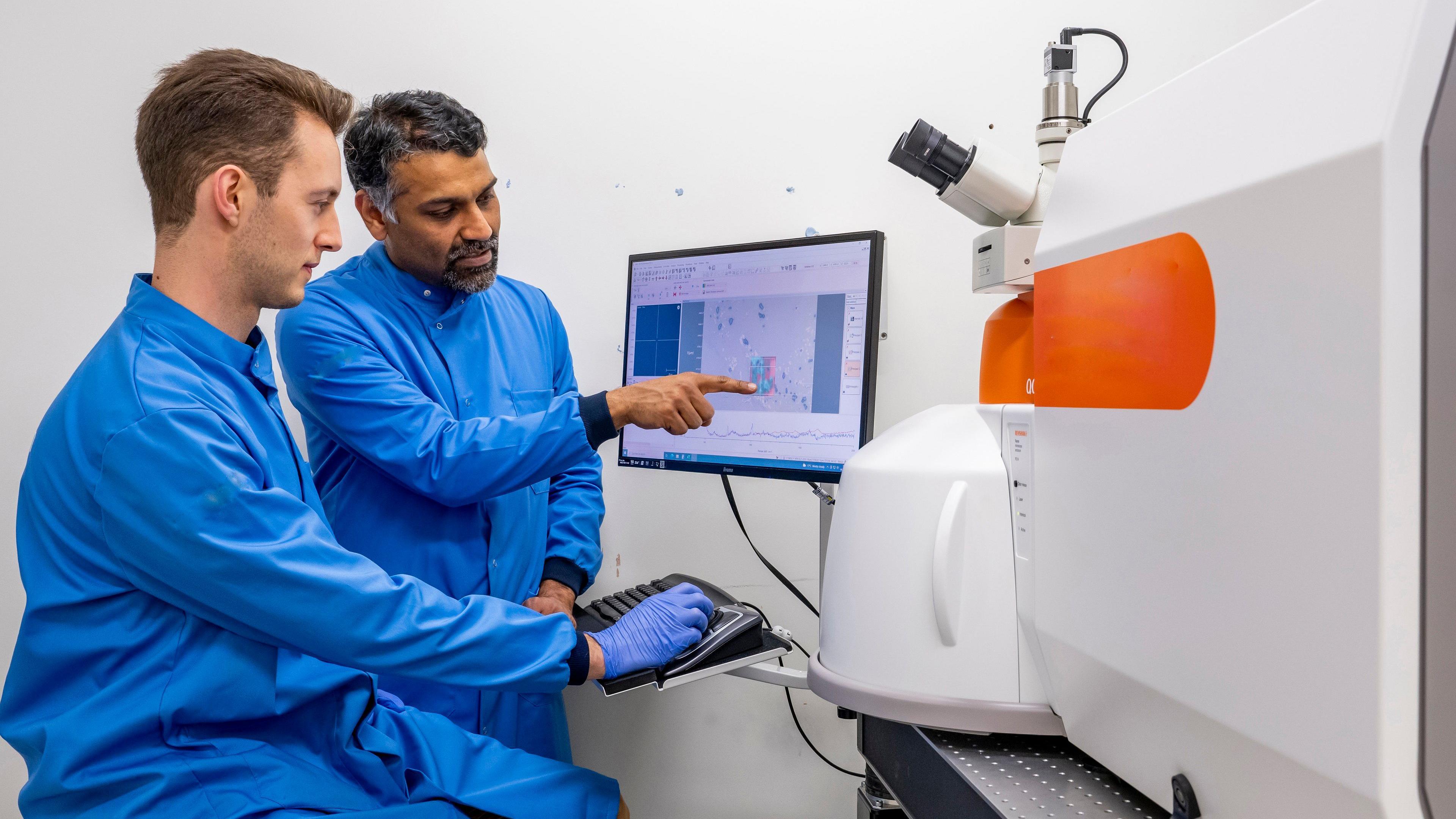
The new technology is known as Multi-excitation Raman spectroscopy
- Published
A new laser-based test has been created that could diagnosis dementia in "less than five minutes".
The project has been a collaboration between experts at University Hospital Southampton and the University of Southampton.
Currently diagnosis can take two years or longer but if this new approach is successful it could make drug treatments available for patients earlier when they are most likely to be effective.
The researchers behind the scheme said initial results from a small study are encouraging.
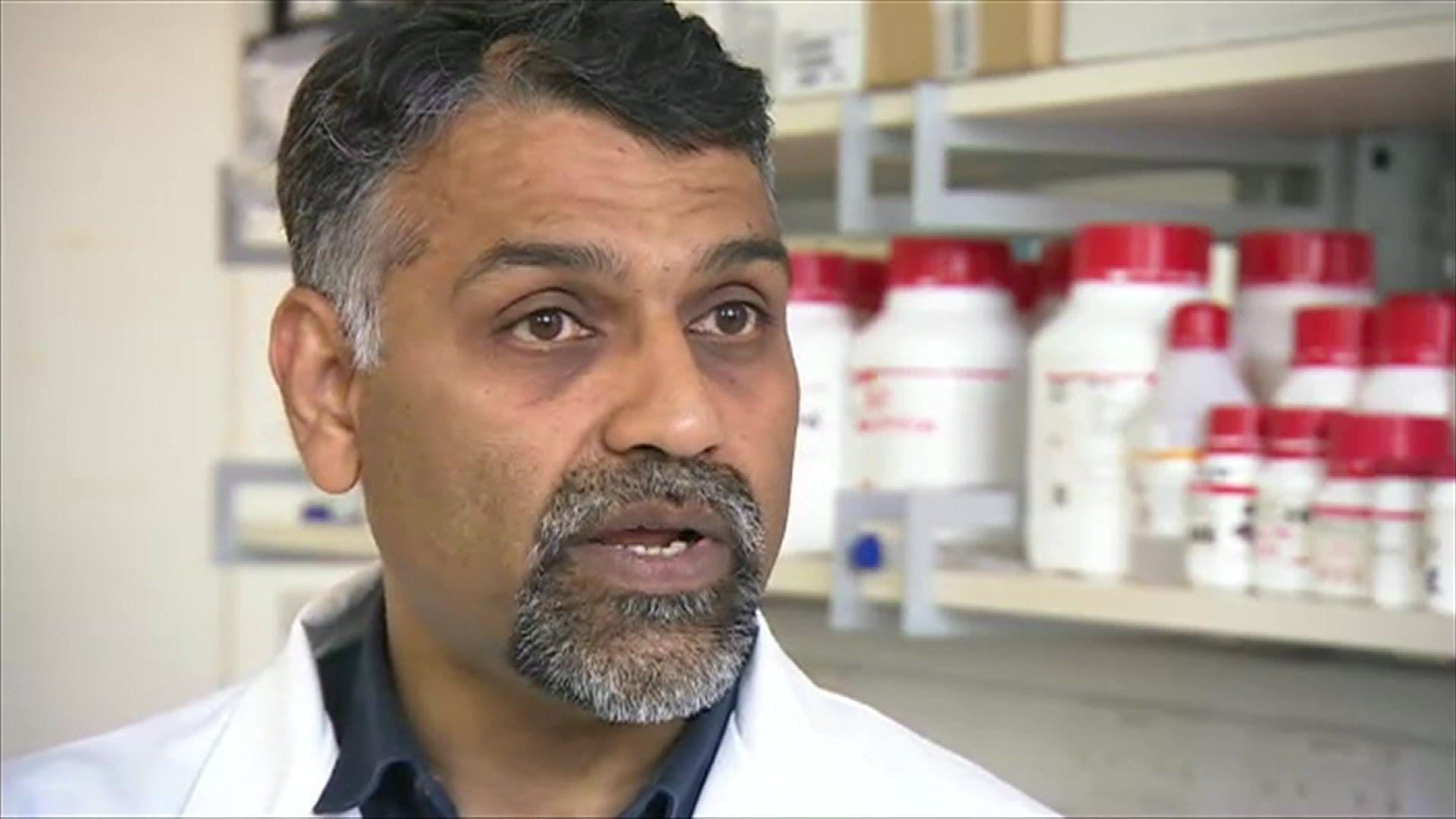
Prof Sumeet Mahajan from the University of Southampton the new test could offer early diagnosis
The initiative, called Holistic Optical Biomarkers to Transform Dementia Diagnosis (HOpE), is funded by UK Research and Innovation (UKRI).
It has seen 150 patients assessed so far and the outcome had an accuracy of 93%.
The new technology, known as Multi-excitation Raman spectroscopy (MX-Raman), uses lasers to analyse the composition of a single drop of a bodily fluid – this can be blood, spinal fluid or mucus.
The light allows scientists to examine and look for changes in the proteins, lipids, sugars and other biomolecules.
The main symptoms of dementia include memory loss, difficulty in concentration, confusion, mood changes and a decline in language and problem-solving skills.
"By the time the symptoms of dementia and other neurological diseases appear it is already too late," said Prof Sumeet Mahajan from the University of Southampton.
However he said that biochemical changes happen many years earlier, which means the test could detect neurological diseases much earlier and get patients onto necessary treatment plans.
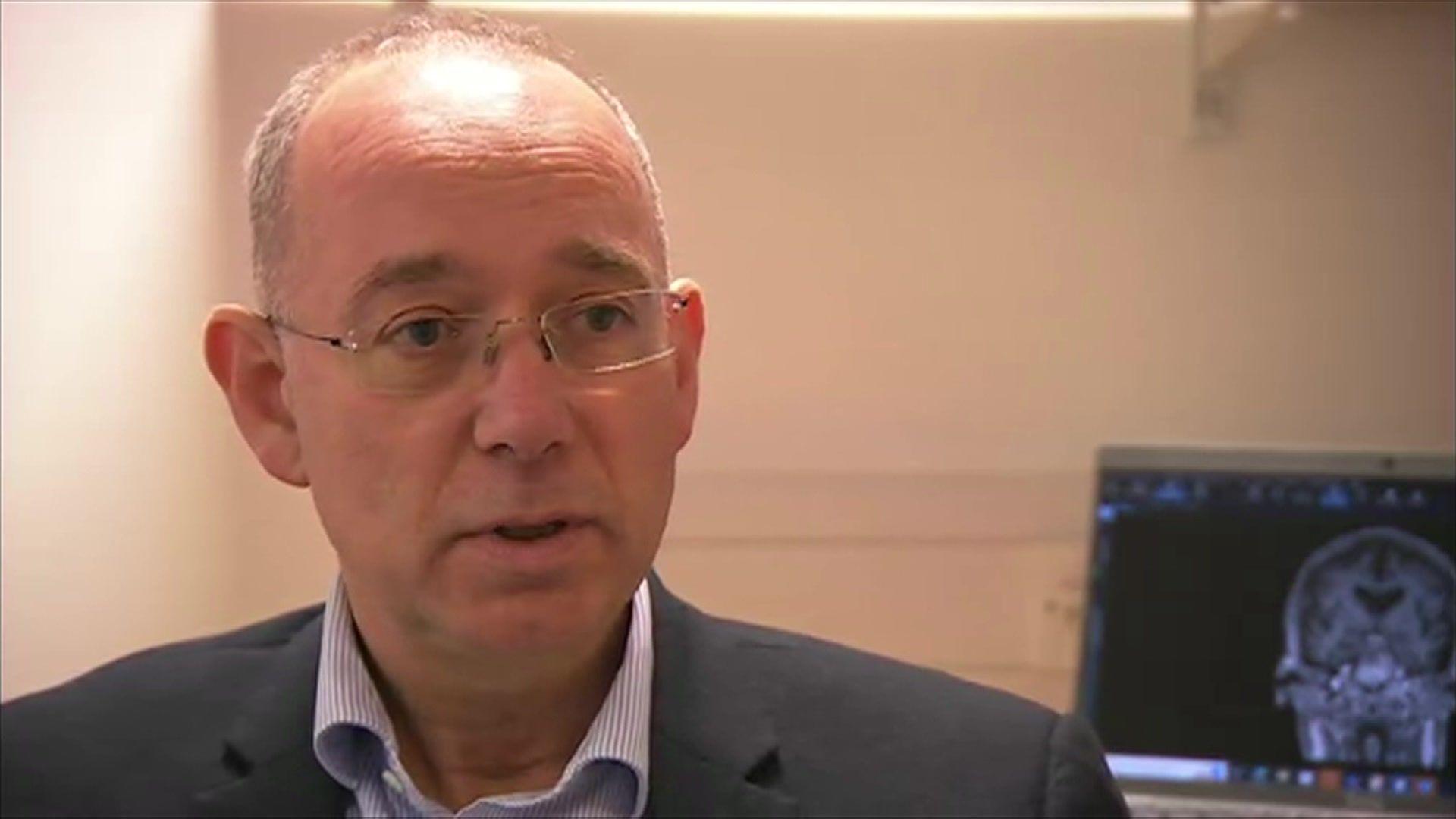
Prof Kipps, consultant neurologist at University Hospital Southampton said early diagnosis would help people economically
"If we're talking about prevention then the earlier you can start the better," said Prof Kipps, consultant neurologist at University Hospital Southampton.
He added: "If you can delay somebody's progression of dementia or the symptoms of dementia, you can prevent them having to be in a nursing home and you can reduce the amount of extra care that they need.
"If we can delay that by five years, we can make a huge impact from an economic point of view and also at an individual and personal point of view."
HOpE is one of 36 projects to receive new funding from the UKRI and it will take a share of £32.4m.
The test will go through further validation and miniaturisation over the next couple of years, before entering clinical trials.
The ambition, is to develop something that could be made available to patients in a clinic or GP practice.
Get in touch
Do you have a story BBC Hampshire & Isle of Wight should cover?
You can follow BBC Hampshire & Isle of Wight on Facebook, external, X (Twitter), external, or Instagram, external.
More on dementia
- Published4 April 2024
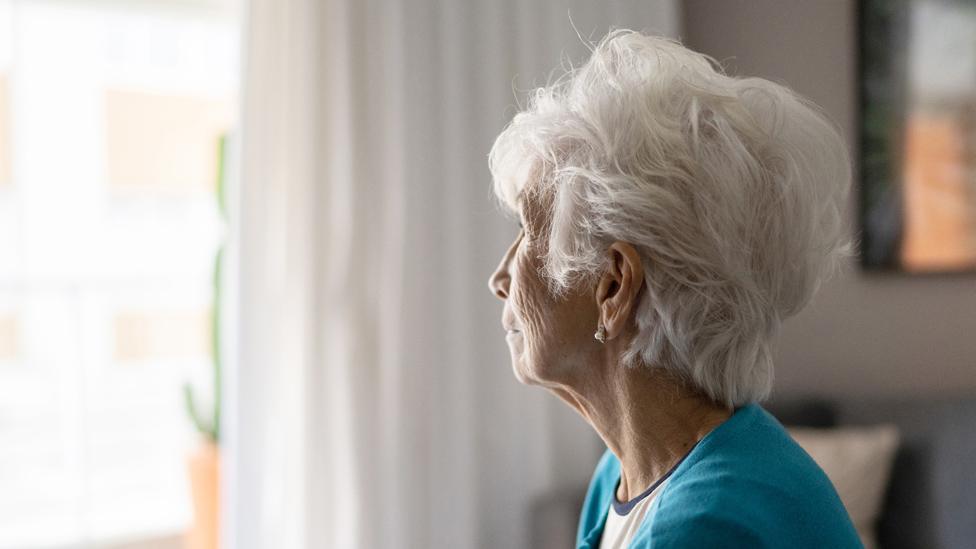
- Published31 July 2024
